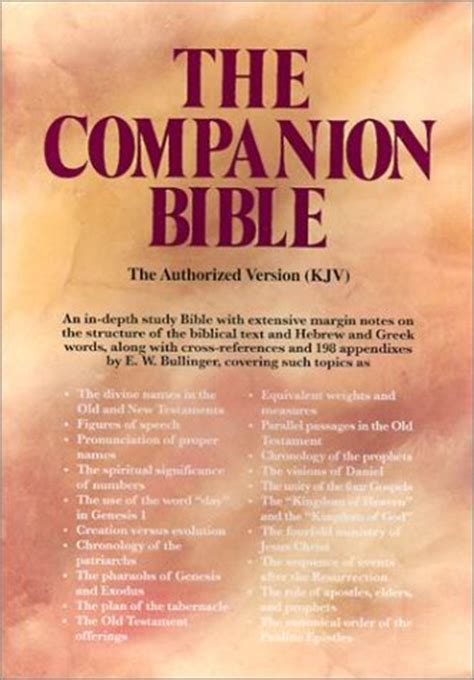Hengstenberg Commentary Psalms, Ecc, Eze, John Rev (Lutheran)
Hengstenberg Commentary Psalms, Ecc, Eze, John Rev
Hengstenberg Commentary Psalms, Ecc, Eze, John Rev
Posted by David Cox
Downloaded from Wordmodules.com
Hengstenberg was a Reformed Lutheran divine that fought strongly for the inspiration of the Bible, and rejected many modernizing factors and movements in his day.
Hengstenberg is one of the older, towering names in Evangelical Christianity, perhaps best known for Christology of the Old Testament. Hengstenberg’s books are cited hundreds of times in works such as Pulpit Commentary and Keil & Delitzsch’s Commentary on the OT. The translator/editor of Calvin’s Commentaries also makes frequent reference to Hengstenberg.
In these classic commentaries, Hengstenberg calls attention to the messianic prophecies and types of Christ (Adam, Jonah, etc.) by evaluating the Old Testament in light of New Testament revelations, such as Christology, Christ’s sacrifice, Israel, and the church.

Moule Veni Creati is an old, well known work in studies in the Holy Spirit by Bishop (Anglican) H.G.C. Moule. It has 12 chapters. It is a deep treatment of the Holy Spirit. Although Moule was Anglican, his writings are well written and good.
Downloads:
theWord: Moule Veni Creati
MySword: Moule Veni Creati
ESword:Moule Veni Creati
Adobe Acrobat PDF: Moule Veni Creati
John (3 vols)
This work judiciously ties the book of John to Old Testament background theology. At times, it is very provocative (cf. on Jn. 1:15, 30, “He is preferred before me.”.
Hengstenberg examines the theopneuestic nature of the text by studying the character of Christ.
Psalms (3 vols)
This commentary remains widely known, read, and cited. This commentary is considered a solid addition to the personal library of any serious student of the Old Testament.
Revelation (2 vols)
Hengstenberg broke with the tradition of his day, writing a fresh commentary on Revelation. He examines the historical context, thoughts of previous theologians, and the influence of the Old Testament. In the second volume, Henstenberg explores the Beast from the Sea, the New Jerusalem, and the background to the book and to its author, St. John (available in the accompanying Topic file).
Henstenberg also wrote a thorough introduction to each chapter and to Revelation itself.
Ezekiel (1 vol)
Hengstenberg provides a historical and semantic exposition of Ezekiel. Recognizing the importance of prophecy, Hengstenberg defines connects Ezekiel and other Old Testament prophecy and the eventuality of Israel’s actions.
Ecclesiastes (1 vol)
Focusing on misery derived from earthly pursuits, E. W. Hengstenberg offers a comprehensive exegesis of the text. Viewing Ecclesiastes as an exhortation from the author, Hengstenberg examines semantic and implicit meaning throughout the book with regard to historical context. The author draws upon acclaimed authors such as Franz Delitzsch and Ferdinand Hitzig to clarify key points and arguments.
About Ernst Wilhelm Theodor Herrmann Hengstenberg
Hengstenberg, E. W. (1802 – 1869) was a German Protestant theologian and exegete. He received education from his father, a Lutheran clergyman. He studied at the University of Bonn (which he entered at the age of nineteen). Furthermore, he served as Professor of Theology at Berlin and later became editor of the Evangelische Kirckenzeitung, a publication which he had a wide influence on the religious life of his time. He maintained an interest in defending evangelical truth with fearless daring, undaunted by the attacks of critics.
Download
Download “Hengstenberg Commentary” hengstenberg.cmt-1.twm – Downloaded 1903 times – 6.54 MB
More Commentaries on the Whole Bible
- Apologetic Bible Commentary ABC
- Believer’s Bible Commentary
- Bible Teacher’s Commentary
- Biblical Illustrator (BI) v1 v2
- Bonar, Horatius Light and Truth 4 volumes
- Bridgeway Commentary
- Bullinger Bible Commentary
- Calvin John Complete Commentary
- Charles Box Commentaries (Church Christ)
- Coke Commentary on Holy Bible (Methodist)
- Coke, Thomas – A Commentary on the Holy Bible
- Concise Bible Commentary (Congregationalist)
- Cornelius Lapide Commentary
- Darby Synopsis of the Bible
- Darby Translation Notes (DTN) (Brethren)
Advertisement
In this class, Setting and Changing the Default Bible Version theWord we go through what is the default Bible in theWord, and how to change that Bible version, or define it. Why it is so important.
